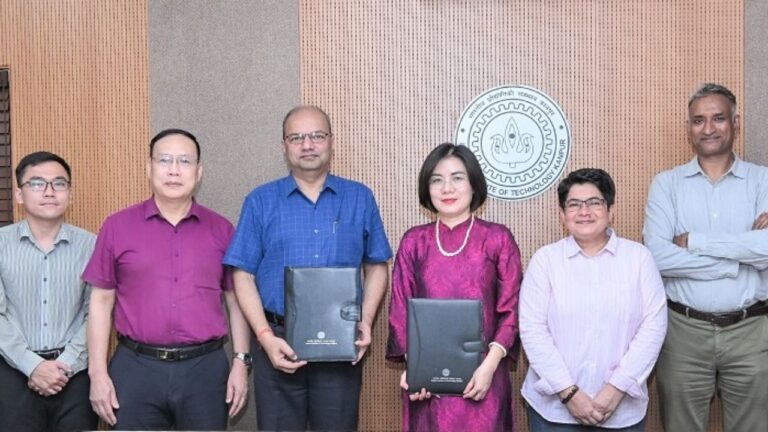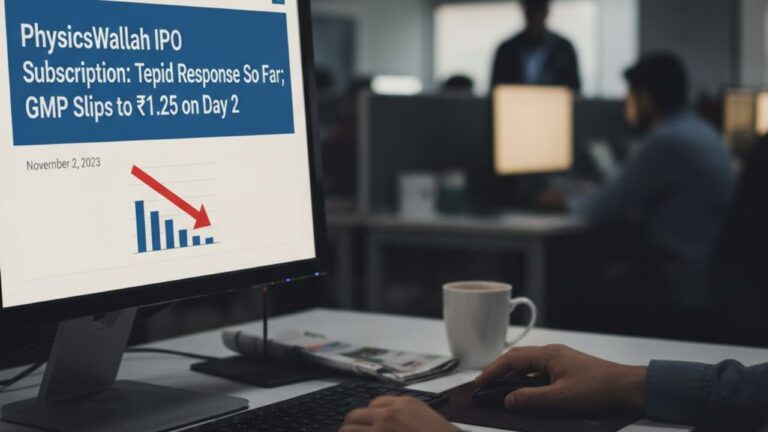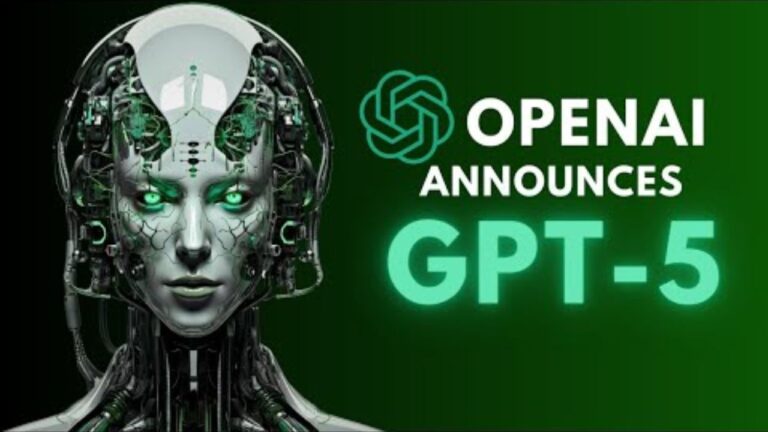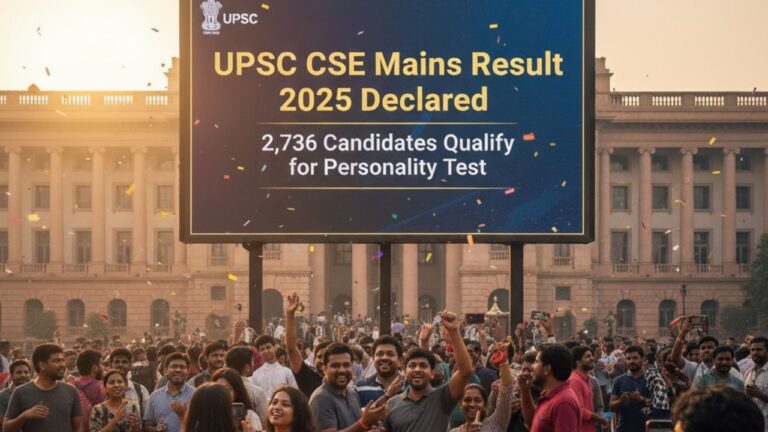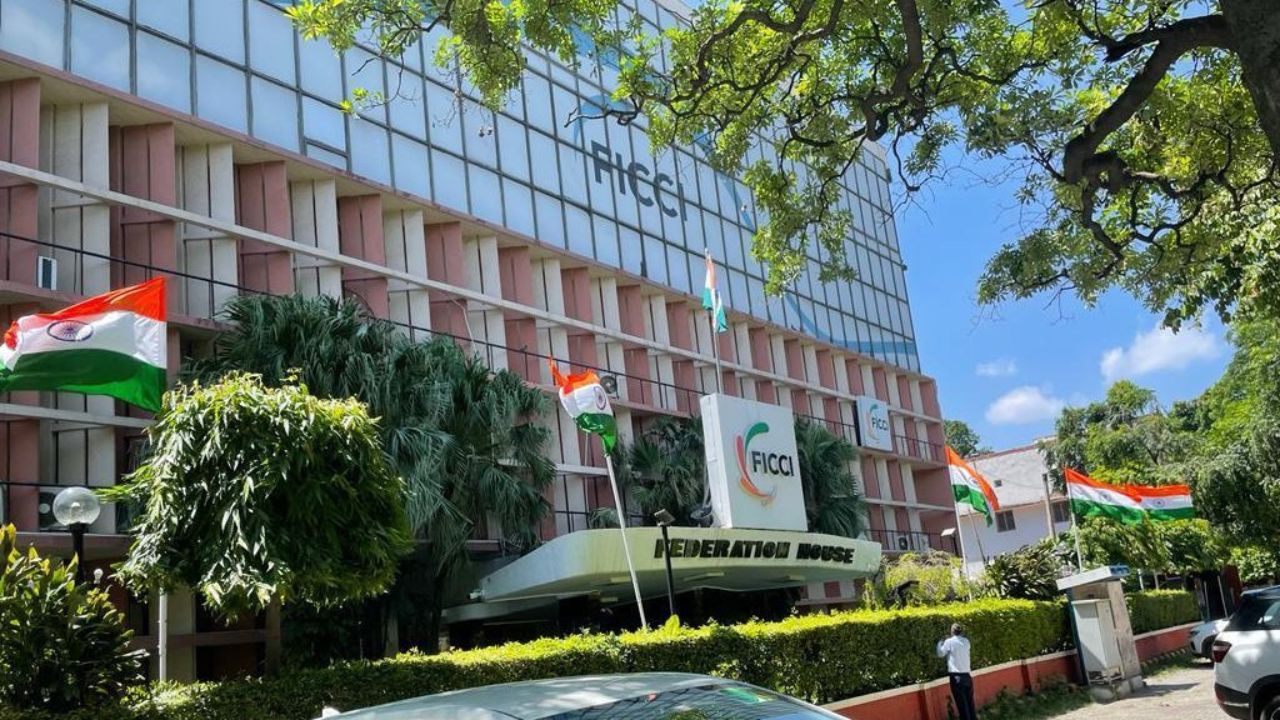
Budget 2024 Expectations: FICCI projects 7% GDP growth, CII calls for MGNREGA wage hike
Budget 2024 Expectations: In its latest Economic Outlook Survey, FICCI has projected a median GDP growth rate of 7.0% for the fiscal year 2024-25. The survey forecasts a growth of 3.7% for agriculture and allied activities, a substantial increase from the 1.4% growth observed in the previous fiscal year 2023-24. This optimism is driven by the diminishing effects of El Nino and expectations of a normal southwest monsoon.
Meanwhile, the industry and services sectors are expected to grow by 6.7% and 7.4% respectively in the current fiscal year, reflecting positive economic sentiments across key sectors. For the first and second quarters of 2024-25, the median GDP growth rates are estimated at 6.8% and 7.2% respectively.
Inflation, measured by CPI, is forecasted at 4.5% for 2023-24, with an expected easing in food prices as the kharif harvest reaches the market. Economists predict a cautious approach from the RBI, with a potential repo rate cut to 6.0% by March 2025, depending on inflation trends.
The present round of FICCI’s Economic Outlook Survey was conducted in the month of July 2024 and drew responses from leading economists representing industry, banking and financial services sector. The economists were requested to share their forecast for key macro-economic variables for the year 2024-25 and for Q1 (April-June) and Q2 (July-September) FY25.
Given the Union Budget 2024-25 will be announced next week, the participating economists were asked to share their expectations from the first major public policy announcement of the new government. The economists anticipated continuity in policy and further momentum in reforms already being undertaken by the government.
The median forecast for CPI-based inflation stands at 4.5% for the fiscal year 2023-24, with a range of 4.4% to 5.0%. Persistent inflationary pressures are noted in cereals, fruits, and milk, although survey respondents anticipate price moderation in the second quarter as kharif season output enters the market.
Regarding RBI’s monetary policy, economists foresee a potential repo rate cut in the latter half of the fiscal year, reflecting the central bank’s cautious stance amidst inflation concerns. The policy repo rate is projected to decline to 6.0% by the end of fiscal year 2024-25 (March 2025).
Over capital expenditure, analysts noted that while there could be room to increase the target, expectations are aligned with the Rs 11.1 trillion figure outlined in the interim budget for FY2025, suggesting minimal deviation from this planned amount.
The survey participants anticipate reforms aimed at stimulating economic growth through potential revisions in tax rates. The focus is on boosting disposable income and consumption, especially for lower income brackets. Enhancements to limits under Section 80C and similar provisions are suggested to encourage long-term savings and investment. Simplification of the capital gains tax regime and efforts to streamline GST slabs are also expected.
They have also emphasised the importance of robust investment in education and healthcare to bolster human capital development and improve overall public health outcomes. This focus aims to ensure equitable access to quality education and healthcare services, contributing significantly to the nation’s socio-economic advancement.
Budget 2024: Recommendations of Confederation of Indian Industry (CII)
The CII has recommended to retain fiscal deficit of 5.1% of GDP for 2024-25 as was announced in the Interim Budget, and also adhere to the glide path of fiscal deficit of 4.5% of GDP by FY26.
- On trade and exports: Set up a Trade Promotion Body with dedicated offices overseas for branding and promotion activities, as well as for providing marketing services to Indian exporters.
- On consumption demand – Cut taxes on fuel to raise disposable incomes and boost consumption and increase MNREGA wages and DBT amount under PM-Kisan.
- On Capex, CII recommended increasing it by 25% over revised estimates for FY24. It also asked to allocate higher capex for rural infrastructure like irrigation, cold chain.
- On GST, it has asked to bring products that are not under the GST regime to bring it under it.
- It has also recommended to introduce employment linked incentive (ELI) scheme for labour-intensive sectors, announce programmes for more agri services on the lines of ‘Drone Didi’.


